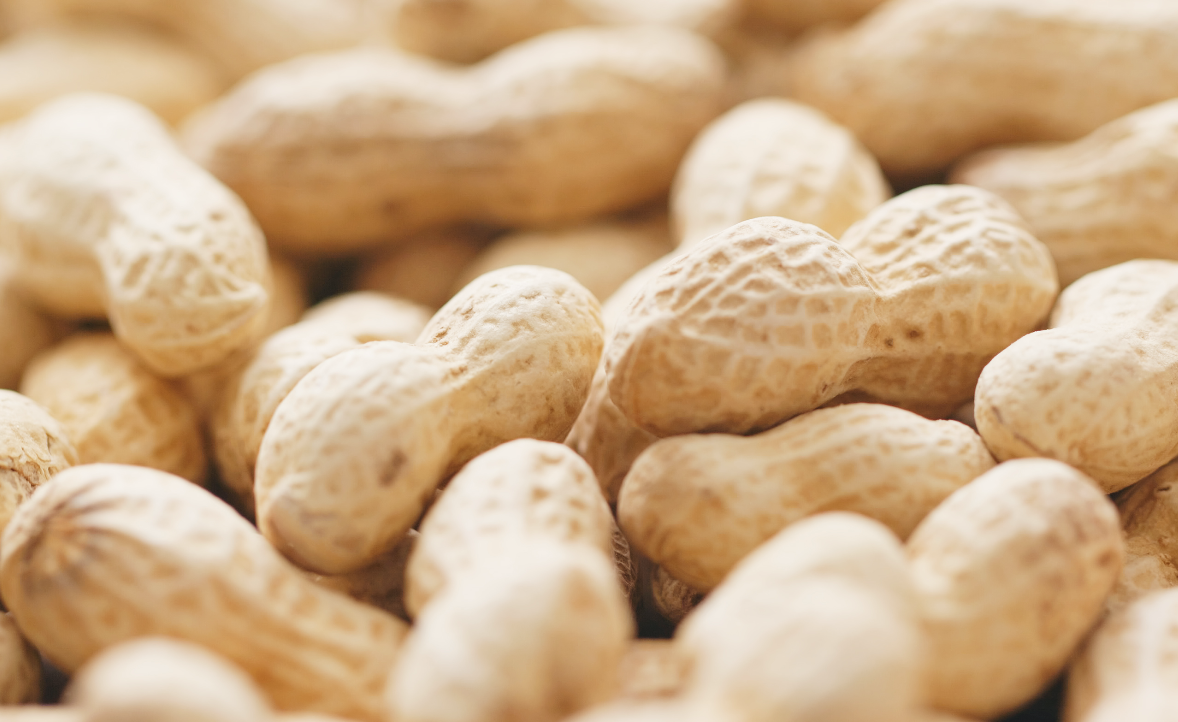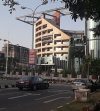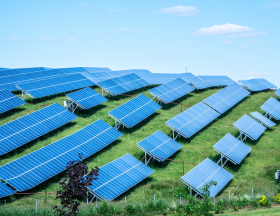In Senegal, oil mills face a chronic peanut shortage on the local market. In order to improve their situation, the government had suspended oilseed exports. This ban was lifted recently to continue to collect foreign currency.
In Senegal, President Macky Sall announced on December 31 the end of the ban on shipments of peanuts. The measure had been taken two weeks earlier to allow the National Oilseed Marketing Company (Sonacos) to have sufficient stocks of raw material to run its factories.
While the effects of this temporary restriction were not disclosed, the official stressed the need for the state-owned company to review its procurement strategy against a backdrop of market liberalization.
According to Macky Sall, Sonacos must now move towards direct farm gate purchases instead of waiting for producers to deliver the seeds to its factories. On the side of observers, it is pointed out that such an approach, if it has the merit of being proactive, will remain insufficient to allow Sonacos and more generally the local oil companies to improve their supply.
Indeed, for some analysts, the basic problem lies in the difficulty of manufacturers to respond to the competitive pressure of Chinese operators who offer prices well above the minimum tariff.
While the price of a kg of peanuts has been set at 250 Fcfa in 2020/2021, the amount offered by Chinese actors can climb to 350 Fcfa according to information gathered by the Senegalese Press Agency (APS).
As a reminder, groundnut cultivation is practiced on more than one million hectares in Senegal.
Source Ecofin Agency






















